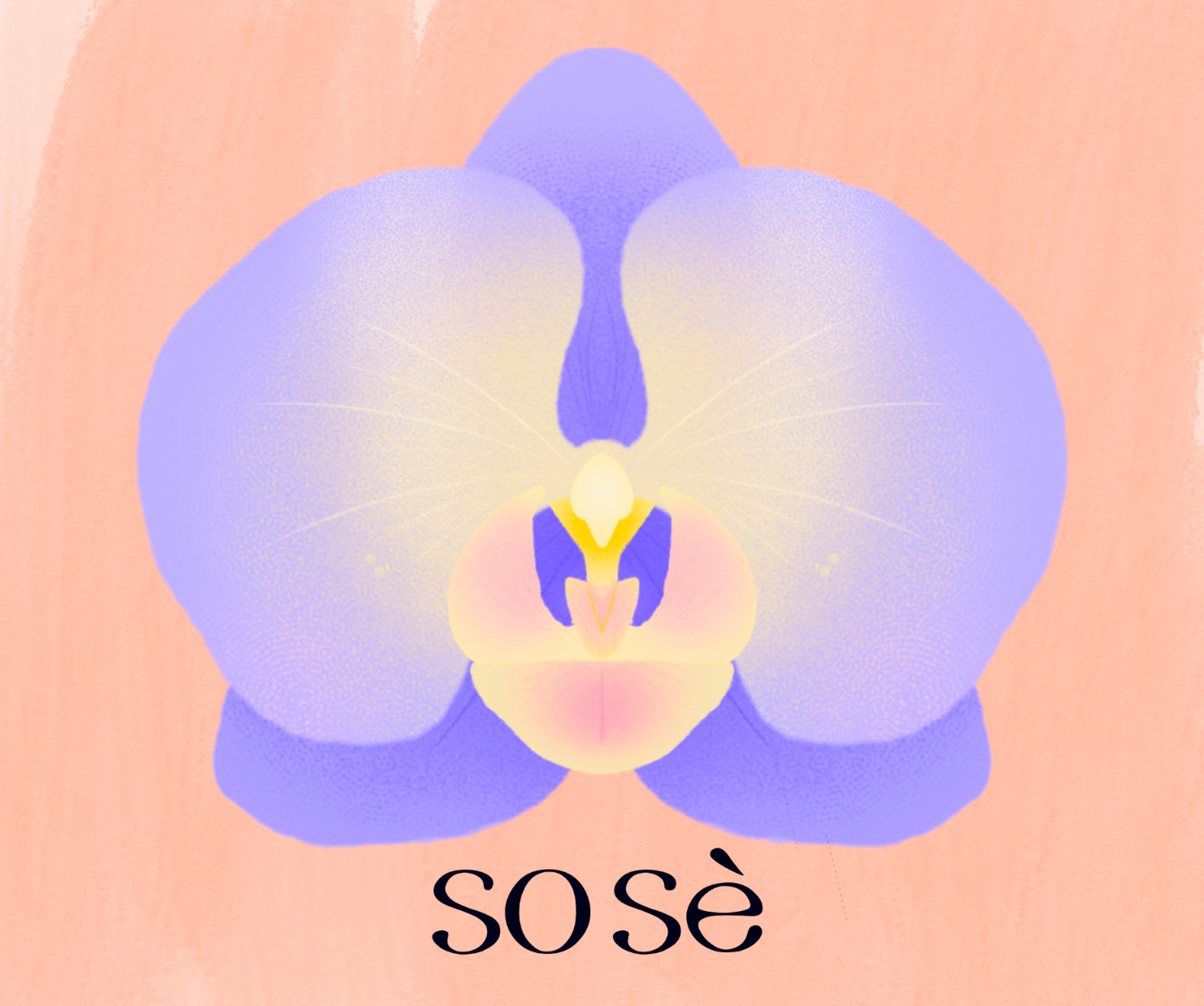---
**Do You Usually Play Music During Intimacy?**
To be honest, most of my colleagues don’t. Some worry it’ll be distracting, others fear an unsuitable song might ruin the vibe, and a few are simply too lazy to put together a playlist. Of course, there’s always the case where things just happen too quickly to press play…
However, one of our editors, who shall remain anonymous (let’s call them Editor X), confessed something surprising: they used to be music-free until one day they decided to experiment. The reaction? A resounding “Yessss!” Really? Driven by curiosity and a scientific mindset, I dug into some research, and tonight, I’m ready to share my findings:
Music really can enhance your sexual experience. Here's why:
---
### 1. **“Benevolent Lies” That Make Your Partner More Attractive**
This “benevolent lie” can be explained by the theory of Misattribution of Arousal. It describes how we often mistakenly attribute physiological responses to emotional or environmental stimuli. In high-intensity situations, such as intimacy, this effect is particularly strong.
During sex, certain rhythms and beats can cause physical reactions: increased heart rate, faster breathing, or a sense of calm and safety. Regardless of the response, we often attribute these feelings to our partner, perceiving them as more attractive. A 2021 study illustrated this, where 157 participants rated the attractiveness of faces under different musical conditions. High-arousal music not only increased the perceived attractiveness of the opposite sex but also heightened the desire for potential dates.
---
### 2. **Stimulating the Autonomic Nervous System (ANS) to Boost Sensitivity and Pleasure**
When we talk about sexual sensitivity, we're referring to a heightened psychological response to intimacy. Music can effectively stimulate the ANS, which controls heart rate, respiration, and blood pressure—all key elements in arousal.
Research by Bernardi et al. found that music with around 60 beats per minute helps lower heart and breathing rates, inducing relaxation. Once relaxed, transitioning to medium-tempo music (like upbeat jazz or electronic tracks) can amplify arousal-related physiological responses. This gradual build-up, known as "emotional ramping," helps arousal occur more naturally and intensely.
---
### 3. **Activating Brain Areas Linked to Pleasure**
Music also affects the brain’s reward centers, such as the nucleus accumbens and the striatum, both crucial in sexual arousal and satisfaction. An fMRI study showed that listening to pleasurable music activates these areas, eliciting responses similar to those experienced during sexual pleasure.
Imagine the compounded effect: music-induced pleasure layered with real sexual arousal…
---
### 4. **Music Strengthens Emotional Connection with Your Partner**
Music’s emotional cues, such as melody and rhythm, elicit emotional reactions. When partners listen to emotionally rich music together, these reactions synchronize, creating a deep sense of intimacy. A psychology experiment revealed that couples who listened to emotional music scored significantly higher in emotional synchronization and reported greater arousal.
---
### How to Choose the Right Music for Intimacy
- **Smooth, Hypnotic Melodies:** Opt for songs with a smooth, flowing melody without abrupt changes. Slightly hypnotic tracks provide more room for imagination and relaxation.
- **Warm, Bass-Heavy Sounds:** Choose music with low frequencies and warm tones. Instruments like the saxophone or bass guitar in jazz or soul tracks can enhance safety and emotional warmth.
- **3-5 Minute Songs:** Avoid overly short tracks that break the connection or lengthy ones that feel repetitive.
- **Mellow, Moderate Pitch and Volume:** The music should be in the background, enhancing rather than overpowering the moment. Low-key Bossa Nova is a great choice.
- **Avoid Overly Familiar Songs:** They can bring up memories or draw too much attention to the lyrics. Unless, of course, the lyrics perfectly suit the mood…
---
**Share this article with someone you’d like to try this with! Or, if there’s no one, share it with a friend—maybe they do! 😉**
---
Surveys back this up: ZipHealth found that 62% of people who play music during sex are satisfied with their experiences, compared to only 55% who don't. Music also helped reduce anxiety and, for 63%, extended the duration of intimacy.
Knight and Rickard’s 2001 study also highlighted music’s impact on arousal: participants engaging in sexual fantasies scored higher in arousal and emotional engagement when listening to music.
---
**Music as a “Toy” to Play with Your Brain**
Music can be as effective as any intimacy-enhancing toy. It stimulates your imagination and activates brain areas that heighten pleasure and intimacy. Just imagine: a dark room transformed into a smoky club by a techno beat, or a classic dance hall filled with sultry jazz.
Music stimulates the visual cortex, sparking vivid fantasies. When these are paired with physical intimacy, endorphins and oxytocin flood the brain, amplifying pleasure and connection. It’s a powerful channel to explore intimacy with your partner—both in the room and in your imagination.
**Ready to add music to your intimate experience? Let your imagination run wild!**
References:
[1]Knight, W. E., & Rickard, N. S. (2001). Relaxing music prevents stress-induced increases in subjective anxiety, systolic blood pressure, and heart rate in healthy males and females. Journal of Music Therapy, 38(4), 254-272.
[2]Zatorre, Robert J., and Andrea R. Halpern. "Mental Concerts: Musical Imagery and Auditory Cortex." Neuron, vol. 47, no. 1, 2005, pp. 9-12. Bucknell University, digitalcommons.bucknell.edu/fac_journ/1491.
[3]Dibben, N. (2004). The role of music in the experience of emotions. Psychology of Music, 32(2), 97-104.
[4]Lee, C. S., & Zaryab, M. (2023). The influence of groove on sexual attraction: Evidence for an effect of misattributed arousal in males but not females. Empirical Musicology Review, 17(2), 73–85.
[5]Bernardi, Luciano, et al. "Cardiovascular, Cerebrovascular, and Respiratory Changes Induced by Different Types of Music in Musicians and Non-Musicians: The Importance of Silence." Heart, vol. 92, no. 4, 2009, pp. 445-452. BMJ Journals, heart.bmj.com/content/92/4/445.
[6]Salimpoor, V. N., Benovoy, M., Larcher, K., Dagher, A., & Zatorre, R. J. “Anatomically Distinct Dopamine Release During Anticipation and Experience of Peak Emotion to Music.” Nature Neuroscience, vol. 14, no. 2, 2011, pp. 257-262, doi:10.1038/nn.2726.
[7]Wells, A., Baird, A. D., & Phillips, L. J. (2022). The Impact of Music on Emotional Resonance and Intimacy in Romantic Relationships. Oxford University Press. Retrieved from https://academic.oup.com/edited-volume/35473/chapter/303809502






